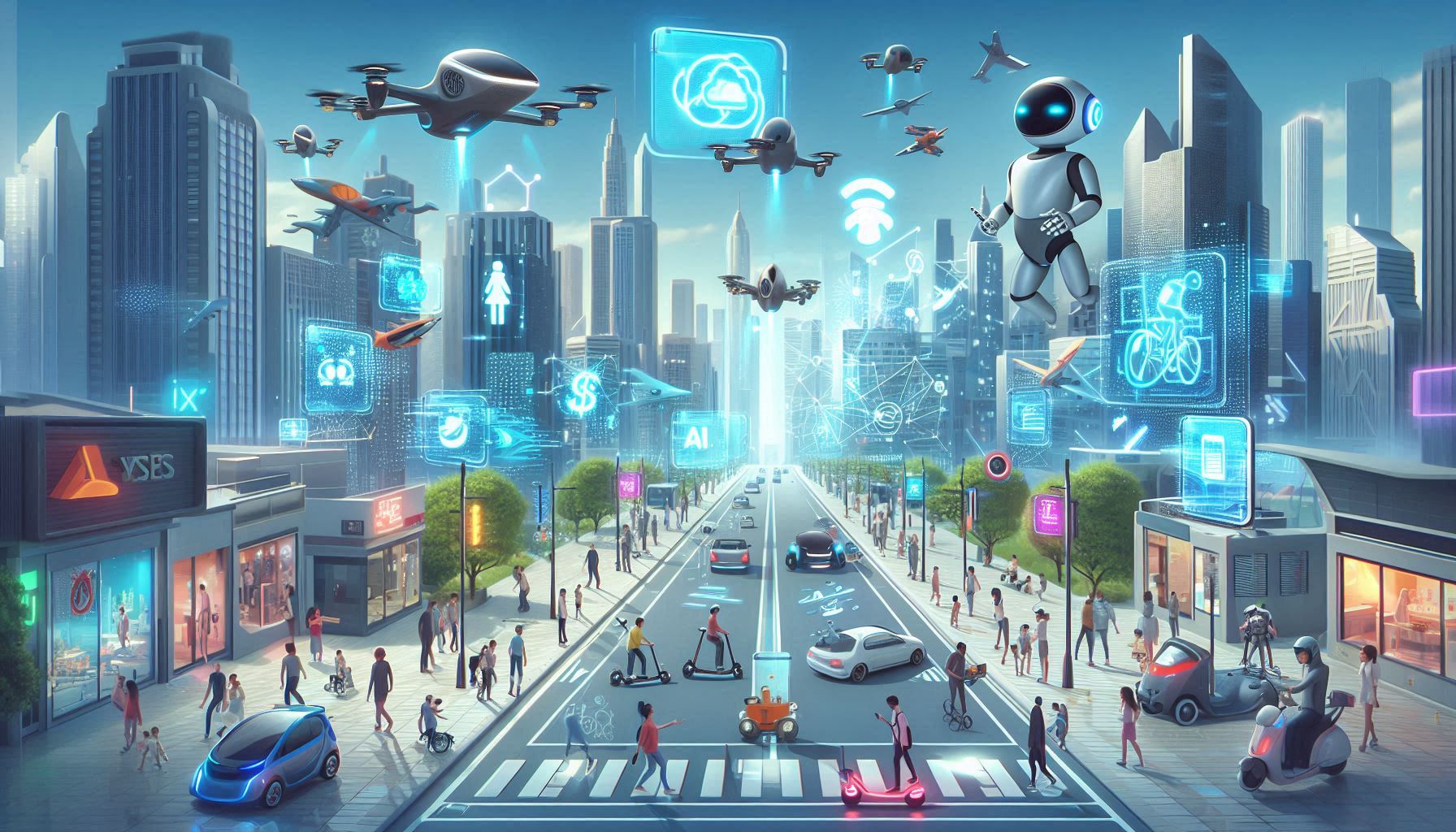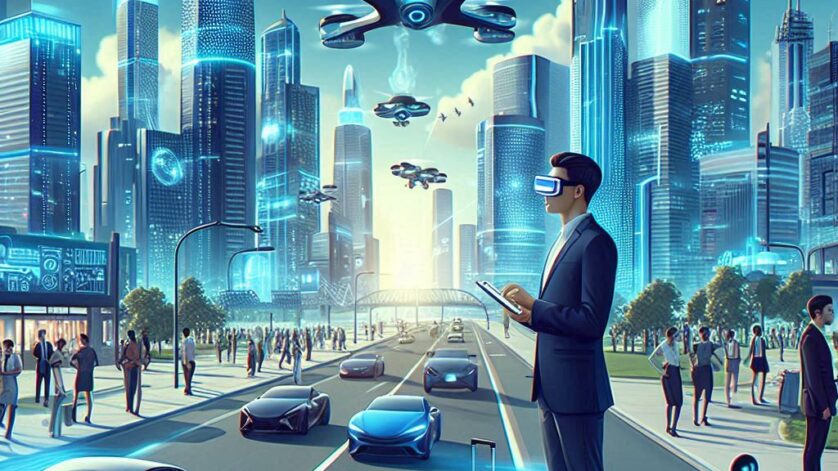Hi! Does it seem to you that you’re living in a science fiction movie? In reality, it would appear that AI finds its way into our daily lives much faster than one can imagine. It’s not exactly taking over the world—just yet!—but rather a subtle, powerful shift in how we work, play, and even…relax. Let’s dive in and see how AI transforms industries and affects your everyday activities.
1. Health Care: Healing Touch of AI
Ditch those futuristic robot surgeons for now! AI’s role in health is subtle, yet incredibly influential. Think:
- Early Detection: AI algorithms can interpret medical images such as X-rays and MRIs at very high speeds, sometimes with greater accuracy than human doctors, while detecting some anomalies that may have been overlooked. The ultimate result is earlier diagnosis and treatment.
- New Drug Discovery: The process of drug development is very labor-intensive and expensive. AI has analyzed large sets of data to bring forth potential drug candidates, and it predicts the efficacy of drugs.
Example: Consider an AI system that must study thousands of mammograms, saving up the subtle signs of breast cancer much earlier than any human radiologist ever could. It could save so many lives.
2. Finance: AI Does the Heavy Lifting with Your Money
From fraud detection to investment strategies, AI has been conquering the financial world.
- Fraud Prevention: AI algorithms can identify suspicious transactions in real time, so your money wouldn’t be stolen.
- Algorithmic Trading: High-frequency trading algorithms utilize AI in the execution of trades at the speed of light, thereby increasing profits and sometimes volatility in the markets!
- Personalized Investment Advice: A robo-advisor creates an ideal investment portfolio, through the use of artificial intelligence, in relation to your risk tolerance and financial goals.
Example: The fraud detection system at your bank uses AI to flag a probable fraudulent transaction on your credit card before you incur major loss.
3. Household Chores: AI’s Little Helpers
Contrary to popular belief, AI is not only meant for huge industries; it also silently makes life much easier for you and me.
- Smart Assistants: Integrated AI will enable Siri, Alexa, and Google Assistant to operate smart home devices by using voice commands from updating reminders to any information.
- Recommendation Systems: Netflix, Spotify, and Amazon use AI to recommend your favorite movie, music, and products, respectively, making the online experience even more personalized.
- Spam Filters: AI-driven spam filters save your inbox from unwanted emails that waste your time and frustrate you.
Example: You ask your smart speaker to play your favorite playlist while cooking dinner—voilà, AI in action!
4. Whither AI: What’s in Store?
Applications of AI keep expanding, while for the future, a great deal of integration into daily life can be expected, even more than with driverless cars, to treatments affiliated with better medical facilities. This, however, needs to be equilibrium, taking into consideration the ethical issues that come forth and those biases relevant to the AI algorithms for responsible state and deployment.
Conclusion
It’s not a fantasy of the future but a strong leading force in our current time. While the robots aren’t doing our laundry, AI subtly and powerfully improves many aspects of our lives. And so, the next time you use your smart assistant, or you get that recommendation oozing with personal touch, remember: that is AI working its magic.


